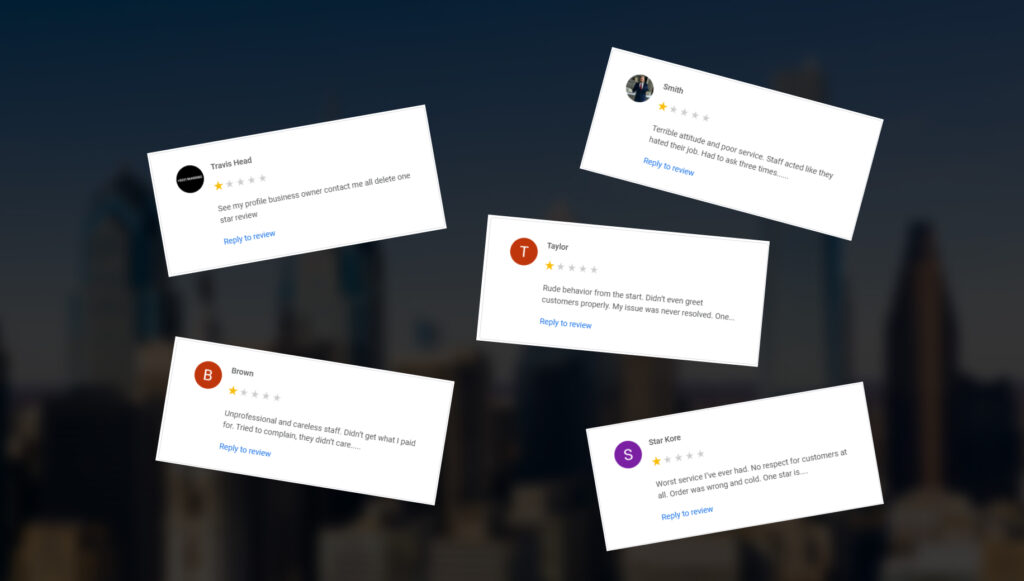Objectives:
- Define what conflict is in the context of the workplace.
- Understand the four types of conflict: relationship, task, process, and status.
- Recognize the inevitability of conflict in the workplace and why it’s essential to manage it effectively.
Definition of Conflict
Conflict is an inherent part of human interaction, especially in the workplace. It can be defined as a situation where two or more parties perceive incompatible goals, scarce resources, or interference in achieving their objectives. While conflict can sometimes be destructive, it can also be a catalyst for growth and innovation when managed effectively.
Four Types of Conflict
Relationship Conflict
This type of conflict is personal and emotional. It often feels like a direct attack on one’s character or values. Relationship conflict can escalate from unresolved disagreements and can lead to a toxic work environment if not addressed.
Examples:
- Two colleagues who suddenly don’t get along.
- A team member feeling disrespected by another’s comments or actions.
Task Conflict
Task conflict arises when there is a disagreement over the goals or objectives of a project, meeting, or any work-related task. This type of conflict can occur at both the organizational and team levels.
Examples:
- Two departments wanting different outcomes from a client engagement.
- Team members having different views on what the end goal or deliverable of a project should be.
Process Conflict
This conflict type is about the “how” rather than the “what.” It’s a disagreement over the methods or procedures to achieve a particular goal. Process conflict can escalate into relationship conflict if not managed effectively.
Examples:
- Team members disagreeing on the steps to complete a project.
- A manager and an employee having different views on how to improve workflow efficiency.
Status Conflict
Status conflict occurs when there is ambiguity or disagreement over who holds authority in a particular situation. This is common in interdepartmental projects or when multiple team members are collaborating without clear roles.
Examples:
- Confusion over who gets to make the final decision in a project.
- Team members vying for leadership in a group task.
The Inevitability of Conflict in the Workplace
Conflict is unavoidable in any work environment. However, understanding the type of conflict you’re dealing with can be the first step in resolving it effectively. By categorizing conflict into one of these four types, you can more easily identify the root cause and apply appropriate conflict resolution strategies.
Summary
Understanding the four types of conflict is crucial for effective conflict resolution. Each type requires a different approach for resolution, and misidentifying the conflict type can lead to ineffective solutions. By giving team members a language to identify and discuss conflict, you empower them to resolve issues more effectively.



